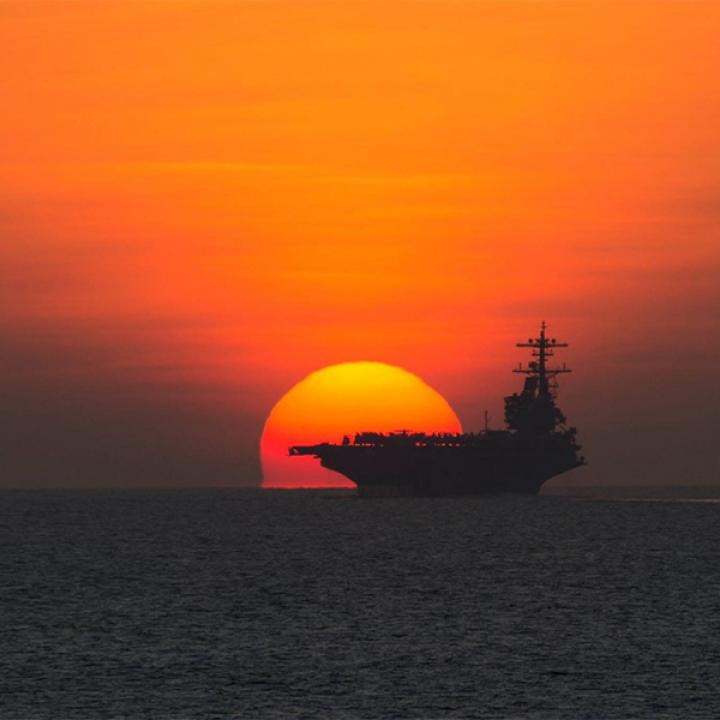
- Policy Analysis
- Articles & Op-Eds
Is America No Longer the Middle East's Greatest Power?

Despite the recent challenges to Washington's regional supremacy, one irreducible reality is clear: the United States is still the only actor capable of forging partnerships that advance not just parochial, short-term interests, but the broader security, stability and prosperity needed to prevent further collapse.
When Russia launched a dramatic military intervention in Syria in fall 2015, it stunned the world and announced its return to the Middle East. Meanwhile, China has expanded its involvement in the Middle East in recent years. Even India, Japan and Europe, though distracted by crises in their own regions, have recently stepped up their Middle East roles amid perceived American disengagement. Layer on top of this the shattering of regional order in the wake of the Iraq War and the Arab Spring, and the result is the Middle East's emergence as a commons for great-power competition. As Washington searches for a Middle East strategy and debates what a sustainable U.S. presence should entail, it will increasingly need to navigate the geopolitical game played by outside powers in the world's least stable region. And while the outside powers remain limited in their aims and means of achieving them, a fundamental shift is occurring today: America's long position of unchallenged Middle Eastern primacy may be reaching an end...
National Interest



